Dogs have been cherished companions of humans for millennia, bred over the centuries for various roles, including hunting, guarding, and even combat. Yet, as our society evolves into an increasingly urban and peaceful environment, certain breeds with combat instincts may sometimes clash with the tranquility we expect in our neighborhoods. Deep-rooted from their lineage, these instincts sometimes lead to unfortunate incidents of unforeseen attacks.
However, it’s vital to remember the age-old debate: Is the breed or upbringing making a dog potentially dangerous? While laws have been established, some argue that breed-specific legislation might not be the ultimate answer. This article will delve deeper into the specifics of Georgia’s regulations on these breeds and offer a comprehensive understanding.
Dog Attack Injuries and the Law in Georgia
If you’ve experienced a dog bite injury in Georgia, the laws around it should matter to you. Georgia is notably a strict liability state. This means that regardless of the dog’s known behavior, the owner is accountable for any personal or property damage caused by their animal. This is distinct from the “one bite” policy in other states, which requires a dog to have a history of aggressive behavior for the owner to be held responsible.
Georgia’s strict liability approach emphasizes that every dog owner should be aware of their pet’s behavior, ensuring safety for all.
Georgia’s Approach to Recognized Dangerous Breeds
While all dog owners in Georgia are held accountable for their pet’s actions, there’s an additional layer of responsibility for those who own breeds that have been legally identified as “dangerous” or “vicious”. These terminologies have legal implications; they differentiate between a dog that may pose a threat and one with a history of aggressive behavior.
To further assist citizens, several cities in Georgia have cataloged traditionally considered dangerous breeds. Some of these breeds might need to be on a leash at all times, restricted from certain public areas, or should never be left unsupervised with children.
For clarity, let’s delve into some specific city laws:
- Clarkston, GA: Rottweilers and Pit Bulls are prohibited from off-leash parks due to their potential for aggression.
- College Park, GA: This city categorizes a broad range of breeds, including Rottweilers, Dobermans, and German Shepherds, as potentially dangerous. Owners need to ensure these dogs are securely enclosed and have clear warning signs displayed.
- Dawson, GA: The focus here is on the Pit Bull family, requiring owners to adhere to strict leashing and registration rules.
- Lafayette, GA: This city identifies Rottweilers, Chows, and certain Pit Bull varieties as potentially dangerous, with specific restrictions for public exposure.
- Lyons, GA: Lyons regards any significant Pit Bull variety as potentially vicious, thus needing clear warning signs and regular registrations.
- Marietta, GA: This city restricts Pit Bulls and Rottweilers from entering public dog parks or off-leash areas.
- Trenton, GA: Previously, this city had identified Pit Bulls, Rottweilers, and Chows as potentially vicious. However, it’s crucial to note that this designation has been repealed.
- West Point, GA: This city has an extensive list of potentially vicious breeds, emphasizing proper enclosures and leashing.
Ensuring Safety for All
The primary intent of these laws is to protect citizens while ensuring that dog owners take adequate precautions. These breeds are perceived to have a higher probability of aggression, even if unprovoked. Understanding these regulations places a significant responsibility on dog owners, ensuring that unfortunate incidents are minimized.
If, unfortunately, you find yourself at the receiving end of a dog attack in Georgia, especially from one of the legally defined dangerous breeds, it strengthens the case against the owner’s negligence. Always prioritize medical attention post any incident, and subsequently, consider seeking legal counsel to understand your rights and compensations.
Conclusion
While Georgia’s approach to dangerous dog breeds might seem stringent, it arises from a place of concern for public safety. As our communities continue to grow and change, it remains vital for all dog owners, regardless of their breed, to understand and respect these guidelines. Responsible ownership and public awareness can ensure that both people and dogs coexist harmoniously in our beautiful state.
Bryce is considered a highly esteemed trial lawyer and a passionate client advocate amongst his peers in the Atlanta legal community. Never afraid to go the extra mile for his clients, Bryce Angell works tirelessly to ensure that each client’s personal injury case gets the attention that it deserves.



